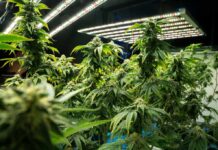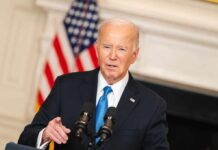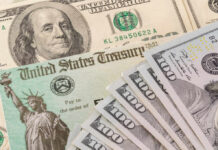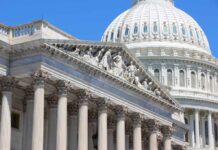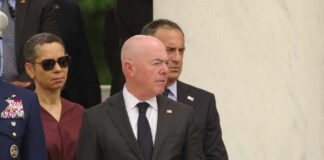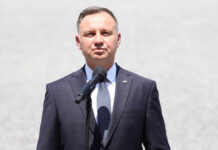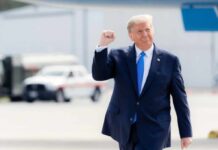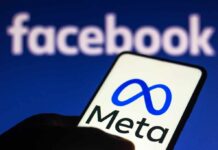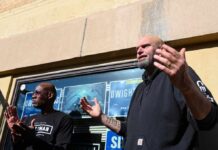
Prominent economist Paul Krugman boldly declared victory in the war against inflation on Thursday, which evoked skepticism and outright derision across the digital landscape, particularly on the X platform, formerly Twitter.
Krugman, recognized as a Nobel Laureate and columnist for the New York Times, posted, “The war on inflation is over. We won, at very little cost,” while meticulously sidestepping the costs millions of Americans are contending with daily. Though seemingly bathed in self-assuredness, his proclamation overlooks a salient aspect of the narrative: inflation’s impact on the daily lives of ordinary citizens.
Excluding everything you buy, inflation is doing amazing 🤡 https://t.co/Ns7WXzJxYY
— Peter St Onge, Ph.D. (@profstonge) October 12, 2023
Krugman’s analysis, which willfully omitted essential expenditures such as food, energy, shelter, and used cars, was scrutinized and scorned by various economic commentators and the public. Brian Riedl, an economist at the Manhattan Institute, sarcastically quipped, “Thank heavens I stopped buying food, energy, cars, and housing in 2021.” This sentiment was echoed by others who ridiculed Krugman’s selective omissions, arguably ignoring the pinch felt by ordinary folks nationwide.
The Community Notes attached to his contentious post critiqued his apparent misstep: “The exclusion of food, shelter, energy, and used cars is misleading. All prices included in CPI show year-over-year inflation at 3.7% as of September 2023.” The user comment underscores the disconnect that seems to permeate Krugman’s assessment and the real-world experiences of everyday Americans.
Obama needs to return his Nobel Peace Prize
NY Times & Washington Post need to return their “Russia Collusion” Pulitzer Prizes
And Paul Krugman needs to return his Nobel Prize in Economics
He just claimed if you exclude food, energy, housing, and used cars, inflation is over🤡 https://t.co/axzRALNOrR
— DC_Draino (@DC_Draino) October 12, 2023
Analysis reveals that the Biden administration shares Krugman’s perspective, having communicated frustration toward the criticism over inflation and the eroding purchasing power of the dollar. “Inflation is easing; it’s edging lower,” affirmed Quincy Krosby, LPL Financial Chief Strategist, highlighting that elevated food and energy prices perpetuate an environment where basics for budgeting become an increasing burden for average citizens.
Amid these complexities, critics cannot help but recall Krugman’s misjudgment in 2022, where he erroneously predicted that massive government spending under the Biden administration would not spearhead significant inflation. In retrospect, he admitted, “As it turned out, of course, that was a very bad call.” This history of mispredictions casts a shadow over his recent, seemingly tone-deaf proclamation, questioning the alignment between economic theory and lived reality.
It’s indisputable that the inflation saga has unfolded at the confluence of myriad factors, such as pandemic-driven demand surges, supply chain tribulations, and monumental federal spending. With the Federal Reserve having escalated interest rates from nearly zero to over 5% within a mere 18 months and headline inflation now below 4% but still above the targeted 2%, the complexity and multifaceted nature of the inflation puzzle become palpable.
In a scenario where the prices of critical goods — including food and gas — and essentials like housing have escalated, coupled with an upsurge in borrowing costs, the financial pressures on American households cannot be downplayed. While Krugman’s analysis might resonate in certain economic and academic circles, the ensuing backlash underscores a paramount reality: a need for actual policy that reverberates authentically with the struggles, frustrations and experiences of the American people.


